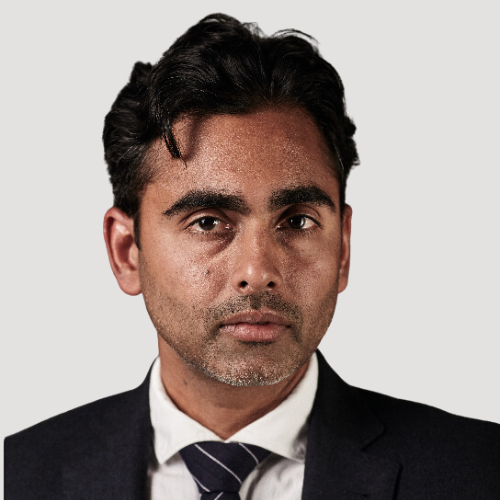
Written by:

Medically Reviewed by:
Last Updated:
January 22nd, 2025
Dual diagnosis: co-occurring disorders
Mental health disorders and addiction are two health conditions that can have a significant impact on a person’s life. However, it is estimated that 20-37% of people with mental health conditions also suffer from addiction. This is known as dual diagnosis or co-occurring disorders, and it can make treating both conditions even more difficult than usual. Thankfully, Banbury Lodge has vast experience in co-occurring disorders treatment. Our recovery programmes will not only help you overcome your addiction but will also give you crucial insights into your co-occurring disorders and teach new strategies for coping with them.
What is dual diagnosis?
Dual diagnosis is the simultaneous presence of a mental health disorder and an addiction. It is extremely common and can complicate every stage of addiction recovery from therapy to relapse prevention. Some of the most common co-occurring disorders include:
Why is dual diagnosis so common?
There are several factors that contribute to the high incidence of co-occurring mental health and addiction issues:
- Using substances or addictive behaviours to self-medicate: People with mental health disorders may use drugs or alcohol to cope with their symptoms.
- Becoming addicted to mental health medication: Some individuals who have been prescribed medication for mental health disorders may become addicted to these drugs, leading to a dual diagnosis.
- Brain chemistry changes: Substance abuse and addiction can affect brain chemistry, leading to changes that can worsen existing mental health conditions or trigger new ones.
- The role of stress and trauma: Trauma or high levels of stress can lead to the development of both addiction and mental health conditions.
How is addiction treated when a dual diagnosis is present?
Effective addiction counselling in the presence of a co-occurring disorder can be challenging. It is crucial to stabilise the co-occurring disorder before undergoing addiction treatment. This means that the mental health disorder should be under control, and the individual should be in a stable mental state.
Several therapies are useful for treating addiction in the presence of a co-occurring disorder and can also benefit the co-occurring disorder, improving the chances of successful recovery. Some of the most effective therapies include:
Cognitive-behavioural therapy
CBT is an evidence-based approach that can help individuals manage both addiction and mental health conditions such as depression. CBT can help you identify negative thought patterns and behaviours that contribute to both conditions and develop new coping strategies to address them.
Dialectical behaviour therapy
DBT combines CBT techniques with mindfulness practices to help you with the symptoms of addiction and co-occurring disorders. DBT can improve your emotion regulation skills and interpersonal relationships and reduce impulsive behaviour. All of this can help you overcome addiction and get a better handle on other conditions and their symptoms.
Family therapy
Family therapy involves working with an individual and their family to identify and address relational patterns that are causing issues such as in dual diagnosis co-dependency and addiction. By improving family dynamics and communication, family therapy can help to create healthier relationships which provide a support network during addiction recovery.
Motivational interviewing
Motivational interviewing is a client-centred approach that is very useful in helping you manage addiction and issues like anxiety. Motivational interviewing can help to increase your willpower, identify reasons for making positive changes and help you break free from the dual diagnosis.
Begin dual diagnosis treatment today
If you or someone you know is struggling with a dual diagnosis, it is essential to seek professional help as soon as possible. At Banbury Lodge, we are experts in dual diagnosis rehab and offer comprehensive rehab treatment for co-occurring disorders.
We offer a safe and supportive environment where you can focus on your recovery without distraction and see major improvements in any underlying mental health conditions that are exacerbating your addiction.
We believe that recovery is possible, and we are committed to helping you achieve your goals. Contact us today to find out more about our co-occurring disorders treatment.




